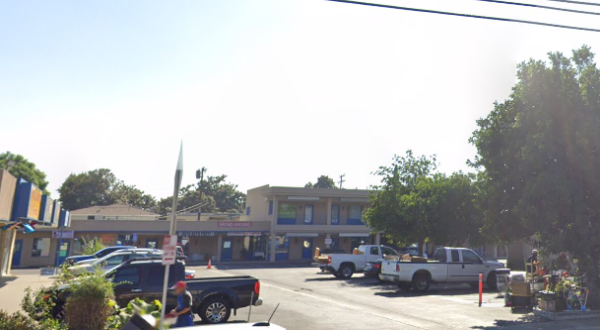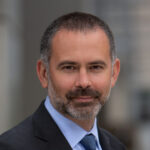
Authorities in Riverside have taken action following disturbing allegations against a local pastor, Juan Barrios, who has been accused of sexually assaulting two brothers over several years, according to a report by Fox 11. Juan Barrios, the pastor at Iglesia de Dios Israelita, located at 656 E Commonwealth Ave, Fullerton, CA 92831, has been under investigation since May 2024.
The Riverside Police Department launched an investigation in May 2024 when a man disclosed that he had been assaulted by Barrios since the age of nine. The claims prompted his younger brother to come forward with similar accusations, revealing a troubling pattern of abuse that allegedly occurred between 2009 and 2015 while the family resided with the pastor in Riverside.
Barrios was apprehended on Sunday but has since been released on a $500,000 bond. As the pastor of Iglesia de Dios Israelita in Fullerton, his position has raised concerns among law enforcement officials about the possibility of additional victims who have yet to speak out.
Riverside police are urging anyone with relevant information regarding the case to contact their department, emphasizing the importance of supporting potential victims in coming forward.

As communities grapple with the recent arrest of Fullerton pastor Juan Barrios for alleged child sexual abuse, many are left wondering about the legal avenues available to victims of pastor sex abuse. To provide clarity on this pressing issue, we spoke with California sexual abuse attorney Jason Amala. He shares his knowledge on the rights of victims, the options for legal recourse, and how to hold accountable those who may have failed in their duty to protect.
Editor Darla Medina: Thank you for joining us. With the recent arrest of Pastor Juan Barrios, many may be wondering what legal options are available for victims of sexual abuse, particularly in cases involving religious leaders.
Attorney Jason Amala: Thanks for having me, Darla. Victims of religious sexual abuse have several avenues to seek justice. They can file criminal charges against the perpetrator, as we’ve seen in this case, but they also have civil options.
DM: Can you explain what civil options might look like?
JA: Certainly. Victims can file a civil lawsuit against the abuser and potentially against the church or organization that employed them. If it can be shown that the organization was negligent in their hiring or supervision, that can lead to significant accountability.
DM: What should victims consider when deciding to come forward?
JA: It’s important for victims to know that they are not alone. Many resources are available, including legal support and counseling. Coming forward can be a powerful step toward healing and preventing future abuse.
DM: What message do you have for those who might be hesitant to speak out?
JA: I would encourage them to reach out for support. There are legal protections in place, and speaking out can help not only themselves but also others who may be suffering in silence.
DM: Thank you for sharing your perspective on this sensitive but critical issue.
If you or a loved one has experienced sexual abuse, know that you are not alone. Seeking help is a vital step toward healing and accountability. We encourage victims and their families to reach out for support. Contact us today for a free consultation to discuss your rights and explore your legal options. Your voice matters, and we are here to help you every step of the way.
 info@legalherald.com
info@legalherald.com